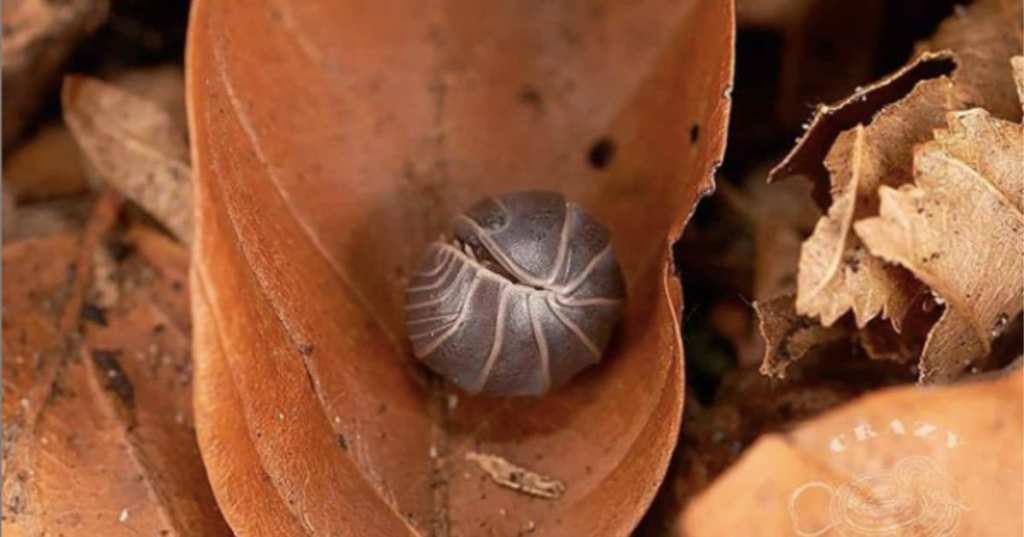If you spent any time poking around in the dirt in your yard as a kid, you’ll no doubt remember those little silver bugs with short legs, cute antennae, and the ability to roll up into a tight ball at any sign of danger.
Like, you know, prodding kid fingers.
We called them roly-polys, but I’ve also heard them called pill bugs (I guess because when they’re not rolled up they kind of resemble a pill). I never guessed, though, what an important role the little guys had in the environment.
https://www.instagram.com/p/B7v9WO6BSr6/
If I had, well…I probably still wouldn’t have left them alone, because I was a kid.
Now, though, it’s pretty cool information to have, so here we go!
First up, some fun facts: Pill bugs aren’t actually bugs at all. They’re technically crustaceans, more closely related to crabs and shrimp than other insects. Along with their ability to roll up into a ball when threatened, they have other unique features: they have seven pairs of legs, they tote their eggs around in a special pouch on their underside called a marsupium, they live for around three years, and they exchange gases through gill-like structures instead of urinating.
What people who garden or compost also know is that gathering, hosting, or even breeding large colonies is great for the soil.
https://www.instagram.com/p/B7wUW3zhl9a/
Roly-poly guts contain a number of microbes that help them feed on dead organic matter, and if you release many roly-polys into a garden, you can be sure that any dead plant matter will be promptly returned to the soil.
They speed up the process of decomposition, circulate the soil, and love feasting on fungus, too.
A healthy pillbug colony can play an important role in a healthy plant life cycle by returning organic matter to the soil to be further broken down by fungi, protozoans, and bacteria. The entire process produces a natural supply of nitrates, phosphates, and other nutrients plants need to thrive.
That’s all great stuff, but the bugs have an even more important ability: they can clean up soil and protect ground water from heavy metal contamination.
https://www.instagram.com/p/B7saWuppgRq/
Pillbugs process and safely remove heavy metals like lead, cadmium, and arsenic from the soil. They have even been brought in to help neutralize coal spoils and slag heaps because they have the ability to eat soil and other contaminated materials and survive.
Since they eat it up and retain the metals in their guts, pill bugs prevent those toxins from leaching into groundwater, which becomes well and drinking water.
Basically, they’re kind of magic cleaner bugs. So, the next time your kids turn over a stone and find a bunch of them hard at work, point out all of the cool things about them – and then let them go back to their business.
I promise they’re doing way more good for the world than you are today.
Yes, even if you recycle.






